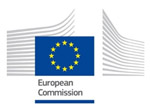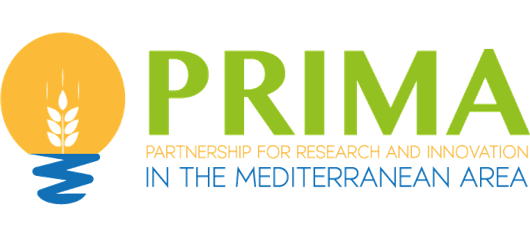Download details
Sustainable Production of Barley in a Water-Scarce Mediterranean Agroecosystem
Abstract
Scarcity of water resources is one of the main constraints on agricultural activity in arid and semi-arid areas. Despite the great technological development over recent decades, farmers are demanding methodologies and tools adapted to their training, management restrictions, and economic capacity. To tackle these challenges, the sustainable production in water-limited environments of Mediterranean agroecosystems (SUPROMED) project combines, in an online platform, a set of models and methodologies for more efficient management of water, energy, and fertilizers. A two-year trial (2020–2021) was conducted in the Castilla-La Mancha region (Spain) to demonstrate, for a barley crop, the effectiveness of SUPROMED as a farm management support tool. The impact of transferring the model for the economic optimization of irrigation water use at farm level (MOPECO model) irrigation scheduling among other methods and tools, integrated in the SUPROMED platform, to farmers was determined by analyzing a set of productive, economic, and environmental key performance indicators (KPIs). The KPIs were selected to show farmers how the efficient use of productive factors could improve the profitability of their farms, thus reducing the impact of agriculture on the environment. In 2020, the management plan proposed by SUPROMED achieved the same yield as traditional management using 32% less water and resulting in a 13% and 66% improvement in gross margin and gross economic irrigation water productivity, respectively. In 2021, the management implemented by a farmer trained in the use of the tools and methodologies in the SUPROMED platform showed improvements in most of the KPIs analyzed, achieving similar results to those obtained by SUPROMED during 2020. The results are promising, indicating that the tools and models proposed in SUPROMED can be easily used by farmers and can improve the economic and environmental sustainability of Mediterranean agroecosystems. The involvement of public administrations, together with local researchers and technicians, is required for the effective promotion and use of these methodologies by the productive sector.
Information
Created
2022-06-09
Changed
2022-06-09
Version
Size
2.11 MB
Created by
maroua
Changed by
maroua
Downloads
386
License
Price

